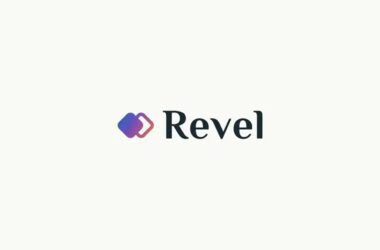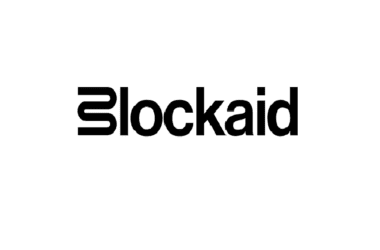Quick take:
- Notebook Labs has raised $3.3 million in a funding round led by Bain Capital Crypto.
- The company is founded by Stanford Sophomores, who want to build a zero-knowledge identity protocol to maintain anatomy and privacy on the web.
- The fundraising also attracted participation from Y Combinator, Soma Capital, Abstract Ventures, and NFX, among Others.
Notebook Labs has raised $3.3 million in a seed round led by Bain Capital Crypto. The project is created by Stanford University sophomores that want to maintain anonymity and privacy in web3.
The fundraising also attracted participation from Y Combinator, Soma Capital, Abstract Ventures, Pioneer Fund, and NFX, as well as, angel investors including Chase Adams a partner at Very Serious Ventures, Algofi Co-Founder Owen Colegrove, and Landeed Founder and CEO Sanjay Mandava.
Notebook Labs is creating a zero-knowledge identity infrastructure layer that enables Web3 protocols to create Sybil-resistant log-ins, allowing users to enjoy anonymity and privacy online.
Zero-knowledge protocols rely on computations that take some data as input and return “True” or “False” as output, thus allowing one party to prove to another party that a statement is TRUE without providing additional information to support the statement.
The project is built by undergrad students from Stanford University as part of the institution’s premier and largest hackathon TreeHacks. The project’s goal is to enable web3 project to trust their users without requiring them to disclose their true identities.
The security of personal identity information has become one of the biggest issues companies are looking to address. The current framework requires users to provide certain details about themselves including wallet information to a centralises institution that may not be in a position to guarantee the security of information shared.
As such, web3 startups have pounced on the problem to introduce web3 identities, which also double up as a one-stop resource for viewing, sharing and storing digital assets from different marketplaces.
Earlier this week, JPMorgan’s blockchain subsidiary Onyx announced plans to create a web3 identity solution that will allow users to transact without the need to provide key details about themselves.
On Wednesday, Oasis Labs, a decentralised data management and privacy company teamed up with consumer credit and data services provider Equifax to launch a web3 KYC solution for identity verification.
Web3 is described as the next generation of the internet that leverages emerging technologies like artificial intelligence, blockchain, and decentralised applications to empower community ownership on the web.
Notebook Labs is the latest company to take a different approach to web3 identities, with its zero-knowledge protocol focused on giving users full control of their identities. Essentially, users decide what information to share with a given marketplace or platform.
“Until now, blockchain users have been required to identify themselves with wallet addresses, which has not only compromised their privacy but has also subjected the blockchains themselves to Sybil attacks. This has led many people to oppose putting their sensitive data on-chain for the sake of decentralization and has subsequently constrained DeFi’s growth,” said Solal Afota, Co-Founder of Notebook Labs.
Afota believes that securing identities on web3, will enable the mass adoption of decentralised finance (DeFi) “by giving Web3 users the privacy and anonymity they deserve, while also enabling more secure logins that will make protocols safer.”
On the other hand, Nathaniel Masfen-Yan, Co-Founder of Notebook Labs commented: “Notebook’s technology is designed to help significantly improve a number of applications, from enabling lending protocols to build credit scoring systems that offer lower-collateralized loans to allowing DAOs to check the identity of their users in a privacy-preserving way.”
Stay up to date:





